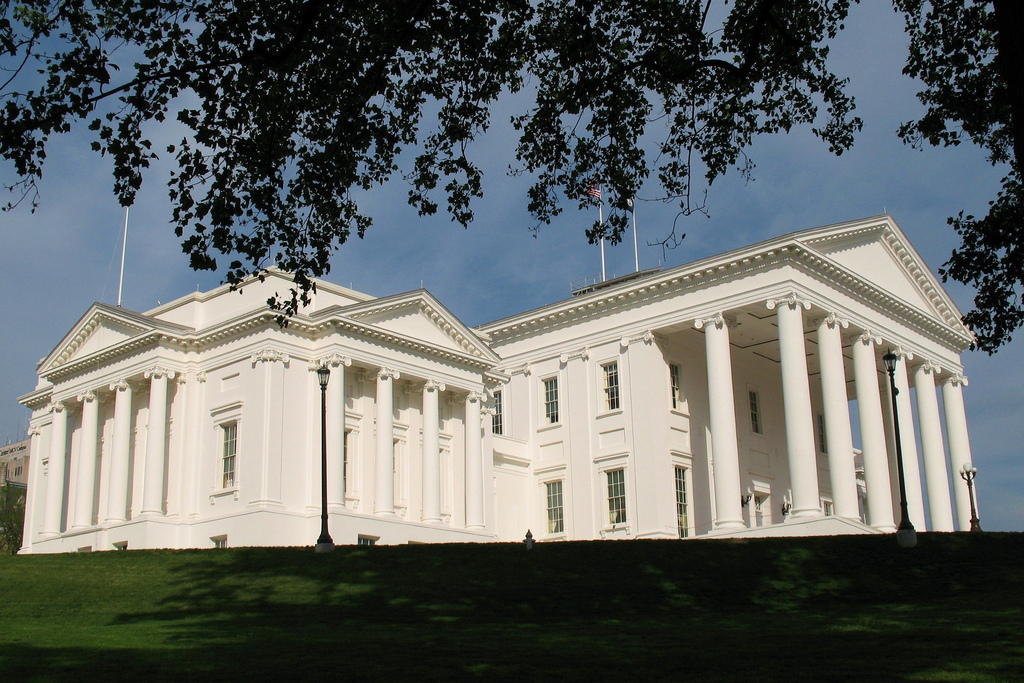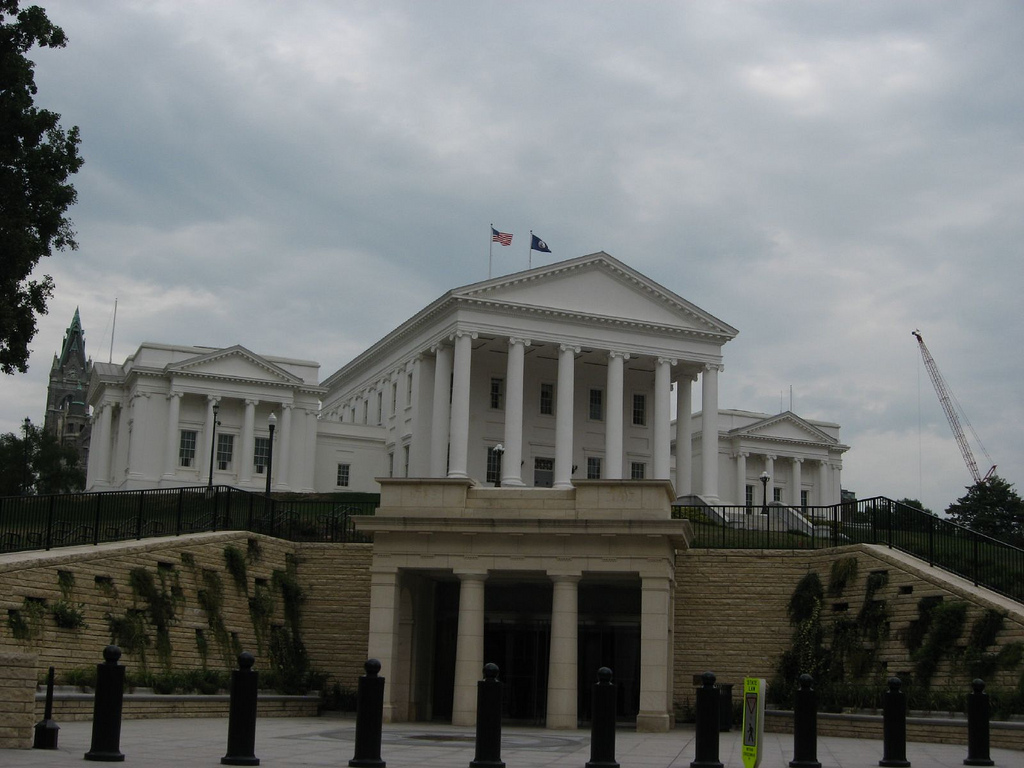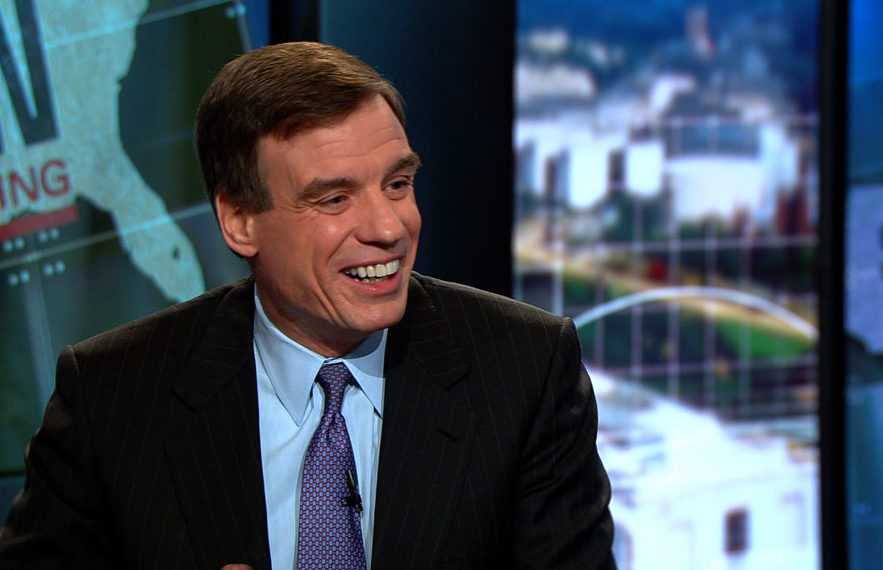President Donald Trump and both houses of Congress are set to pass the most widespread reform to the criminal justice system since then-President Bill Clinton signed the Violent Crime Control and Law Enforcement Act – the Crime Bill – into law, allowing harsher sentencing practices that led to hundreds of thousands of non-violent drug offenders remaining in and sent to prison. Dubbed the First Step Act, it contains several alterations to the way the federal government treats drug offenders, both those who are currently incarcerated and those that may face the system in the future.
If the measure is voted through during the lame-duck session that ends in January, thousands of federal prisoners would have access to more help preparing for life after the end of their sentences, with thousands more well-behaved prisoners being granted their freedom back earlier. Furthermore, those who are arrested for drug crimes in the future would become eligible for exemptions from harsh mandatory minimum sentencing laws.
The House of Representatives and the U.S. Senate have been at odds for months over some specifications of the package, with Senate Majority Leader Mitch McConnell (R-KY) claiming a vote will not come this year. Regardless, the reform bill drew praise even from liberally-partisan CNN commentator Van Jones, who is now taking heat from the political left.
While the federal prison population is approximately one-tenth of America’s total incarcerated population, the federal reforms continue work that is being done at the state level across the U.S. to decrease prison populations while also seeing drastic reductions in crime.
There are two big areas of reform in the possibly-landmark First Step Act.
Back-End Sentencing Reform:
The legislation applies corrections to prisoners who were sentenced for crack-cocaine offenses before the 2010 Fair Sentencing Act was passed, which reduced race-based disparities in punishments given to people convicted of crack cocaine-related offenses – often low-income urban residents – much more harshly than those convicted of powder cocaine-related crimes as was dictated in the 1994 Crime Bill. According to NBC News, there are nearly 3,000 prisoners that would become eligible to petition for their immediate release if the criminal reform package passes and is signed by President Trump.
The U.S. Bureau of Prisons will also be tasked with re-calculating the amount of “good-time credit” for prisoners who stay out of trouble behind bars, adding seven days of credit per year. Applied retroactively, it would mean that an estimated 3,900 prisoners would be eligible to leave prison earlier in the first year the changes take effect.
Federal prisoners would also be given opportunities to participate in training and educational programs by awarding them “points” that accelerate their release to halfway houses or home confinement. Nevertheless, the report states that “the bill exempts several categories of prisoners from earning more credits, including convicted murderers, sex offenders, terrorists and spies, as well as immigrants who crossed into the U.S. illegally and people convicted of trafficking fentanyl.”
Front-End Sentencing Reform:
The First Step Act addresses some aspects of the justice system’s guidelines for how prison sentences are determined. The system under the new law would allow judges to diverge from mandatory minimum sentencing laws, offering lower sentences to non-violent drug offenders. This, as stated by the Congressional Budget Office (CBO), will affect around 2,100 offenders every year.
Restrictions on prosecutors seeking longer sentences by adding gun charges against a drug defendant even if the firearm was not used in a particular incident will also come with the legislation. The CBO claims this point of the reform package would affect only 60 defendants a year, but reduce their potential sentences by around half. A few dozen others would benefit from reducing the mandatory minimum sentences given out to repeat serious drug offenders, including the elimination of life without parole for someone with three or more prior drug offenses, which will applying moving forward following the signing of the law only.
A possible third big area of real reform is in the name of the law itself, “First Step.” That is what this reform package is. It is not overtly-aggressive, nor is it perfect; it is a first step to more reform. The current bill stops short of what many reformers say is needed to curb prison spending, relieve staff shortages, overcrowding, and promote better equality within the justice system.
Nonetheless, it is the beginning of something.










